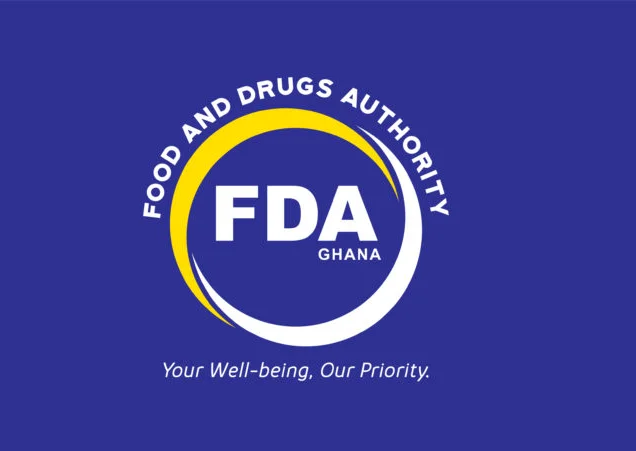World Food Safety Day (WFSD), observed annually, serves as a critical platform to raise global awareness about the importance of food safety and inspire collaborative efforts to prevent, detect, and manage foodborne illnesses. The 2024 commemoration, themed “Food Safety: Science in Action,” underscored the vital role of scientific advancements and evidence-based practices in ensuring the safety and integrity of our food supply. This year’s events saw active participation from various stakeholders, including government agencies, international organizations, private sector entities, civil society groups, and the general public, all united in their commitment to prioritize and strengthen food safety measures. The focus on “Science in Action” highlighted the need for continuous research, technological innovation, and data-driven approaches to address emerging food safety challenges and protect public health.
The Food and Drugs Authority (FDA) of [Country Name], in collaboration with the Food and Agriculture Organization (FAO) of the United Nations and Environmental Health Officials, organized a comprehensive week-long program in Cape Coast to mark WFSD 2024. The program featured a series of educational activities and outreach initiatives designed to engage key actors in the food chain, including street food vendors, market women, traders, teachers, and students. Participants received targeted training on essential food safety practices, emphasizing the importance of personal hygiene, proper food handling techniques, temperature control, and the use of safe and clean ingredients. This targeted approach aimed to empower individuals with the knowledge and skills necessary to maintain high standards of food safety at every stage, from production and processing to preparation and consumption.
Ms. Fransisca Abena Asubonteng Anokye, Central Regional Head of the FDA, highlighted the timeliness and significance of the WFSD celebration, particularly in light of the persistent challenges posed by foodborne illnesses. She stressed that food safety is not merely a regulatory concern but a fundamental prerequisite for public health, impacting individual well-being, economic productivity, and overall societal development. Ms. Anokye emphasized the disproportionate burden of foodborne diseases on vulnerable populations, including children, the elderly, and individuals with compromised immune systems, often due to limited access to safe and nutritious food. Her remarks underscored the urgent need for equitable access to safe food for all, regardless of socioeconomic status or geographic location.
Ms. Anokye reiterated the shared responsibility of all stakeholders in ensuring food safety, from farm to fork. She outlined the FDA’s ongoing efforts to monitor and enforce food safety standards throughout the country, assuring the public of the agency’s commitment to safeguarding consumer health. Ms. Anokye encouraged consumers to actively participate in food safety vigilance by checking expiry dates on products, reporting expired or contaminated goods to the appropriate authorities, and refraining from self-remediation. This collaborative approach between regulatory bodies and consumers is essential for building a robust food safety system that protects public health.
A key component of the WFSD program was the focus on school food safety, recognizing the vulnerability of children to foodborne illnesses and the importance of providing safe and nutritious meals in educational settings. Ms. Anokye urged teachers to play a proactive role in ensuring that school meals are prepared by certified food handlers under strict hygienic conditions. This emphasis on school food safety highlights the critical link between nutrition, health, and educational outcomes, as safe and healthy meals contribute to children’s physical and cognitive development, enabling them to fully participate in their education.
The WFSD 2024 celebrations in Cape Coast served as a powerful reminder of the crucial role of food safety in promoting public health and well-being. The collaborative efforts of the FDA, FAO, Environmental Health Officials, and other stakeholders demonstrated a strong commitment to strengthening food safety systems and empowering individuals with the knowledge and skills to prevent foodborne illnesses. By focusing on “Science in Action,” the program underscored the importance of evidence-based practices, technological innovation, and continuous monitoring to address evolving food safety challenges and ensure a safe and sustainable food supply for all. The emphasis on shared responsibility, consumer engagement, and school food safety further highlighted the holistic approach needed to build a robust food safety culture that protects vulnerable populations and contributes to a healthier and more secure future.


